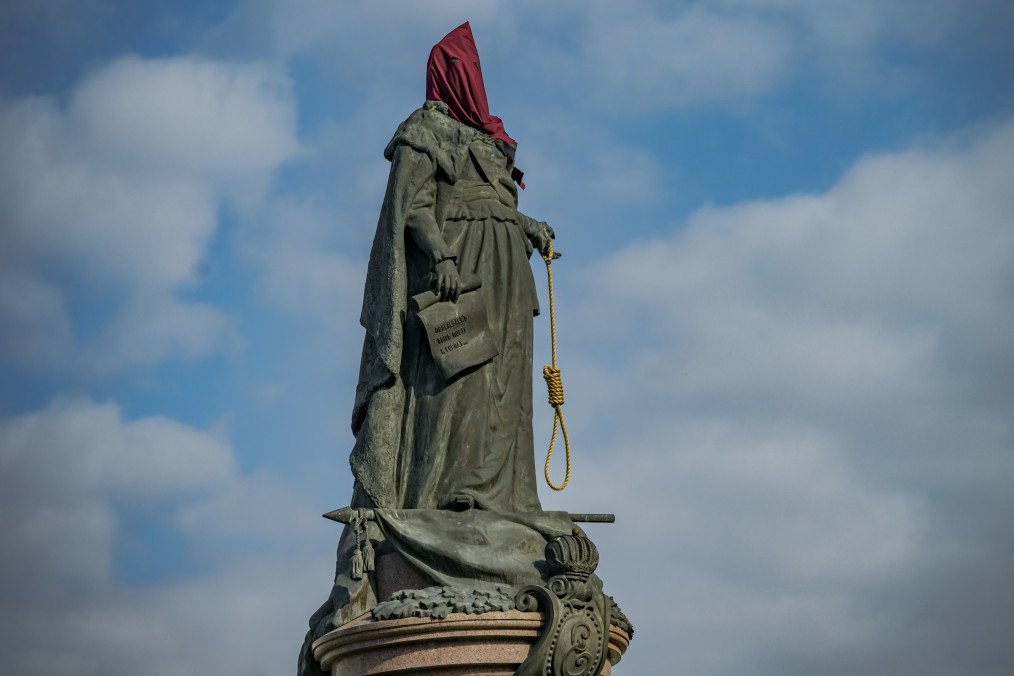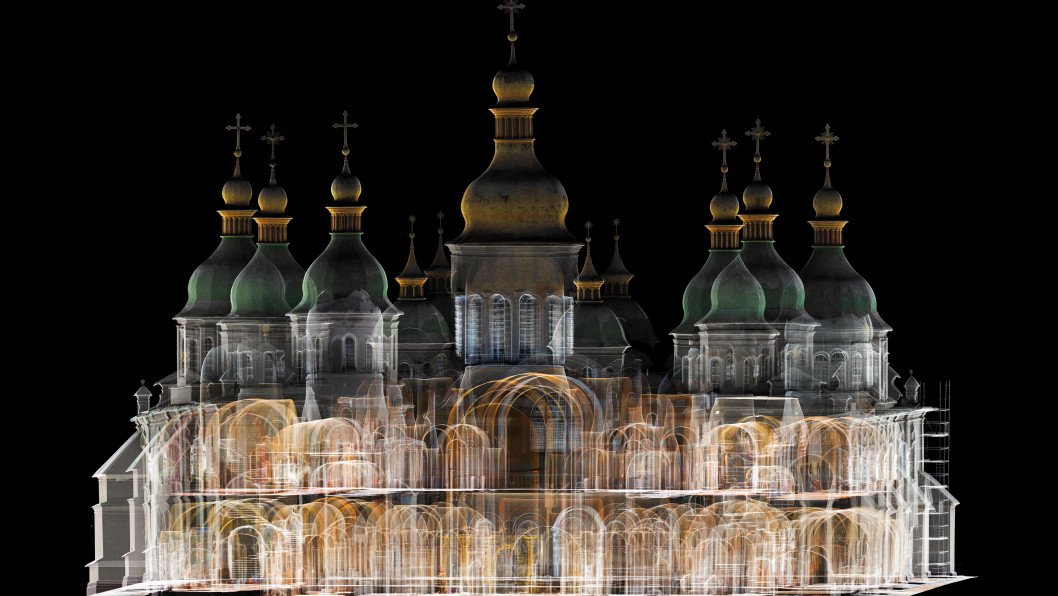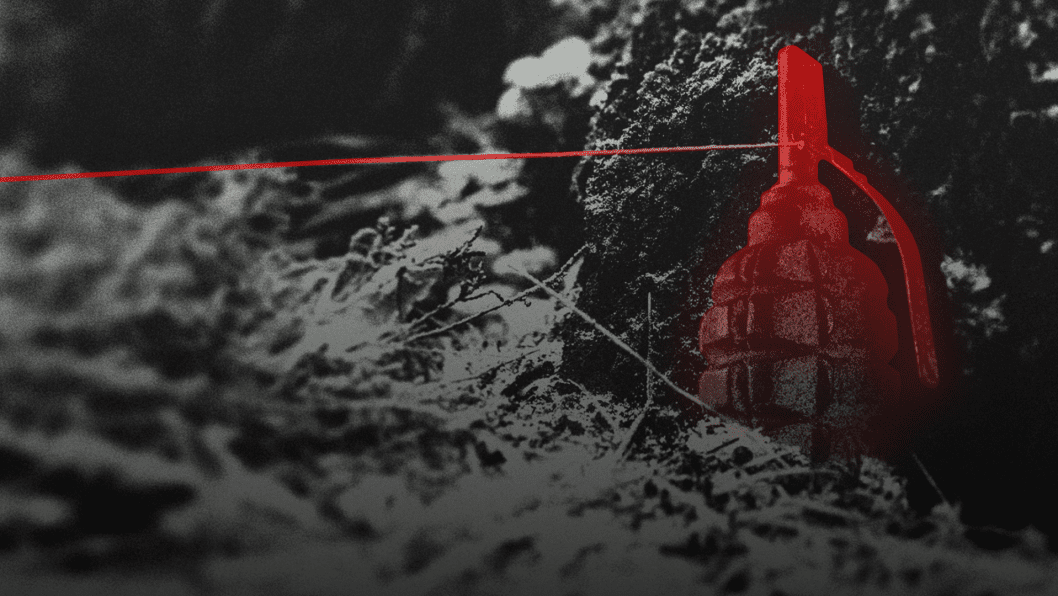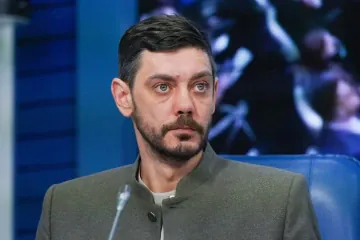- Category
- Latest news
Putin’s Aide Hints at Territorial Claims on Odesa, Dismisses Peace With Ukraine

Russian Presidential aide Nikolai Patrushev claimed that the vast majority of Odesa residents have nothing in common with the current Ukrainian government, according to an interview published by TASS on April 29.
When asked whether Moscow intends to lay claim to Ukrainian ports or raise the issue during potential peace negotiations, Patrushev said Russia respects the will of the people. He stated that residents of Ukrainian regions, including those along the Black Sea coast, should determine their own future.
“They are unlikely to associate their fate with neo-Nazism. They do not want to submit to Kyiv’s illegitimate government,” Patrushev said.
He also emphasized that Odesa was founded by Empress Catherine II and served as a Russian stronghold on the Black Sea for over 200 years.

In October 2023, Putin described Odesa as a Russian city, “and a little bit Jewish”, during a session of the Valdai Discussion Club. He added that Odesa could become “both an apple of discord and a symbol of conflict resolution.”
The claim that Empress Catherine II founded Odesa is a persistent myth often repeated in Russian political rhetoric—but it’s historically misleading.
Before 1794, the site of modern-day Odesa was already inhabited. It was home to a multiethnic settlement known as Khadjibey, which had existed for centuries.
After Russia seized the territory from the Ottoman Empire following the Russo-Turkish War (1768–1774), Catherine II signed a decree establishing a naval fortress and port on the site—this is often cited as the “founding” of Odesa. However, this act was more about colonial expansion than literal creation.
The idea that Catherine “founded” Odesa erases the diverse history of the region, including the roles of Tatars, Turks, Greeks, Ukrainians, Jews, and others who lived there long before Russian imperial control.

-f88628fa403b11af0b72ec7b062ce954.jpeg)

-111f0e5095e02c02446ffed57bfb0ab1.jpeg)



-72b63a4e0c8c475ad81fe3eed3f63729.jpeg)